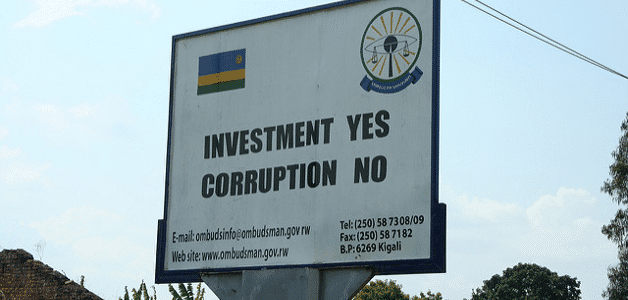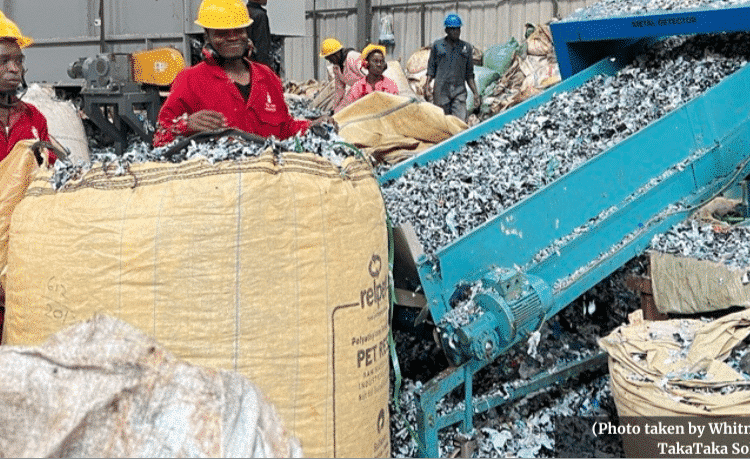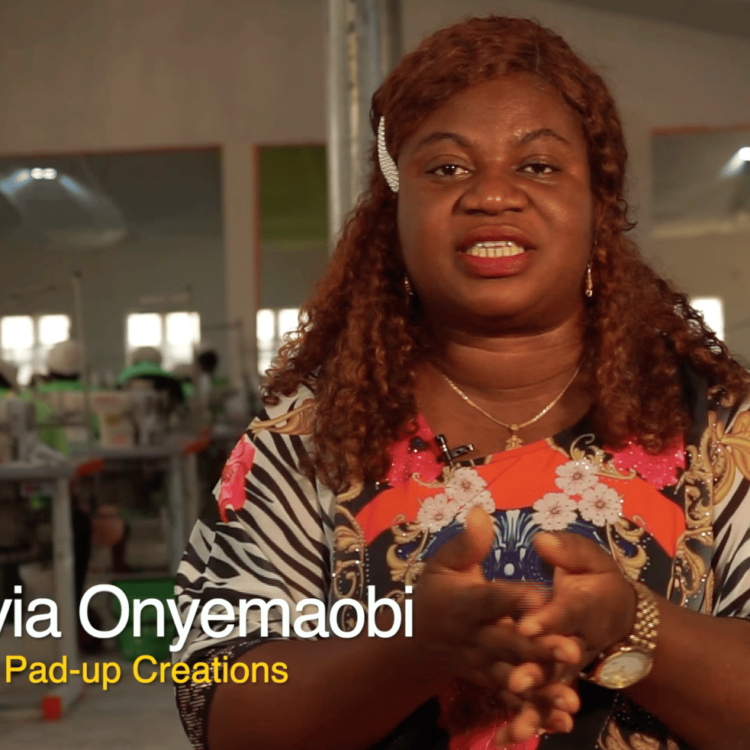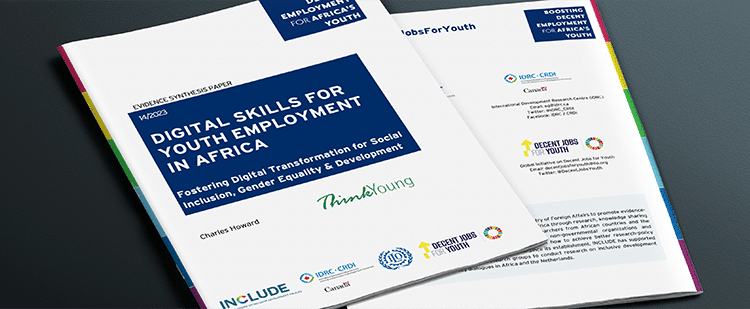
The new German Marshall Plan with Africa seems to arise from the same understanding as the original Marshall Plan for Europe: that the key to economic prosperity is the local business sector. This is a change from the usual strategy in Africa, where foreign aid has mostly fostered government development plans. Yet Africa is a far cry from post-war Europe in one key respect: Europe had a thriving local business sector before the war. The Marshall Plan helped revive it.
What Africa lacks, in contrast to post-war Europe, is a deep network of institutions that a thriving local business sector both needs and creates. The new Marshall Plan lists ten ‘starting points’. While these are all fine in the long run, in the short term the plan should begin with only two (points 6 and 7):
- Demand the right political environment and support its development: Sustainable economic development is reliant on the rule of law, on both men and women enjoying political participation, and on efficient and non-corrupt administrative structures so that everyone benefits from economic progress, not just the elites. These things must be supported and demanded on a daily basis.
- Reform partnerships, instead of a blanket approach: The members of the African Union have committed to specific reforms in their Agenda 2063. Europe aims to take Africa’s commitments seriously and will step up development cooperation with those partners that implement reforms aimed at good governance, the protection of human rights and economic development.
Corruption is the scourge of modern Africa. Individuals and their families in government positions have perfected the art of stealing from public, private and NGO sources. Nobody knows this better than Africans themselves (if you have any doubts, read Chinua Achebe’s A Man of the People). The history of foreign aid is a series of naïve programmes and projects that end up feeding this system of corruption. In its Corruption Perception Index, Transparency International lists Botswana as highest (least corrupt) among Sub-Saharan Africa countries, at 35 out of 176 countries worldwide. Most of Sub-Saharan Africa is ranked in the bottom half in terms of transparency. The World Bank’s Doing Business Index, which compares the ease of doing business in economies, ranks Rwanda as the highest (easiest to do business) in Sub-Saharan African, at 59 out of 190 countries worldwide. Again, most of Sub-Saharan Africa is in the bottom half.
Although necessary, stringent programme and project financial controls are not enough. Every country needs an independent judiciary to punish corruption, an honest legislature to make it illegal, a free press to reveal it, political parties to stand against it, and a cadre of qualified accountants to track it. These institutions do not arise overnight. Post-war Europe had enough of them from before the war to make the original Marshall Plan a success.
Unfortunately, you cannot simply ‘pay’ for these institutions with foreign funds. But foreign funds can help: the original Marshall Plan made loans to local businesses, which repaid them to a national fund that paid for infrastructure to support local business. In Africa’s case, this infrastructure must begin with anti-corruption institutions – but the need is much greater than what can be paid for by the repayment of local loans. So, what is the solution? Divide the money into two: grants to foster these institutions and loans that operate as the original Marshall Plan did.
Above all, the new Marshall Plan with Africa must not rush. Sub-Saharan Africa must ascend far in both rankings – the Corruption Perception index and the Doing Business index – before it moves on to the other eight starting points. The corruption puzzle is not simple to solve. If it was, someone would have figured it out by now. Please, German Marshall Plan, start with that.




